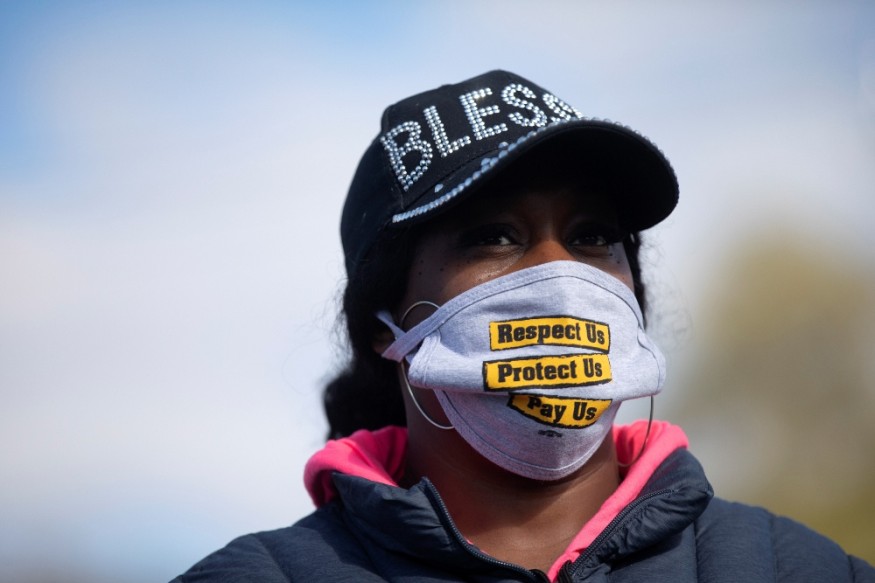Many Latina Domestic Workers Experience 'Full-Blown Depression' Amid Pandemic
A new survey revealed that many Latina domestic workers across the country are experiencing "full-blown depression" and many of them have already lost their jobs.

It cannot be denied that Latinas across the country play very essential roles amid the pandemic.
Most of them are part of the frontliners and continue to work as staff in the grocery stores, house workers, farmers, and more. However, many do not know that thousands of Latinas are experiencing "full-blown depression" caused by the pandemic.
A new survey from the National Domestic Workers Alliance that was released on Tuesday revealed that more than 20,000 Spanish-speaking Latina workers lost their jobs that resulted in problems like loss of income, rental issues, and food insecurity over the past six months. The survey also found that most of them are breadwinners and mothers.
Ai-Jen Poo, executive director of the National Domestic Workers Alliance, told the reporters that nearly 2.5 million household workers, nannies, and home care workers that provide cleaning and caregiving services are known as essential workers. And the global pandemic has greatly affected them.
The survey showed that around 90 percent of domestic workers across the country had lost their jobs by late March. Even though some workers have slowly recovered their jobs, there is still around 36 percent of them who still have no jobs until today.
According to a published report in NBC News, about half of the workers who lost their jobs were not contacted by their employers while three-quarters said they did not receive any compensation after their jobs were canceled. This resulted for workers earning less than their average hourly income.
Latina domestic workers earned up to $300 in their best week before the pandemic. However, the survey showed that 78 percent started to earn nothing since the pandemic began.
Poo said: "So it is now a full-blown depression for domestic workers as they continue to experience housing and food insecurity and struggles with child care and dangerous work environments."
Many of them were also not able to send money to their families from their place of origin for months. Additionally, more than half of the workers could not pay their rent or mortgages for six consecutive months, according to the same survey.
The global pandemic does not only financially impact Latino community, but they are also disproportionately affected by the virus as reported by the Centers for Disease Control and Prevention.
The survey results also revealed that half of the domestic workers do not have access to medical care and most of them did not apply for unemployment insurance because they did not qualify for it.
Poo asserted that providing relief for immigrant families and protections for essential workers and domestic workers through occupational hazard pay and giving them Personal Protective Equipment, would make an enormous difference.
Check these out!
Subscribe to Latin Post!
Sign up for our free newsletter for the Latest coverage!

















